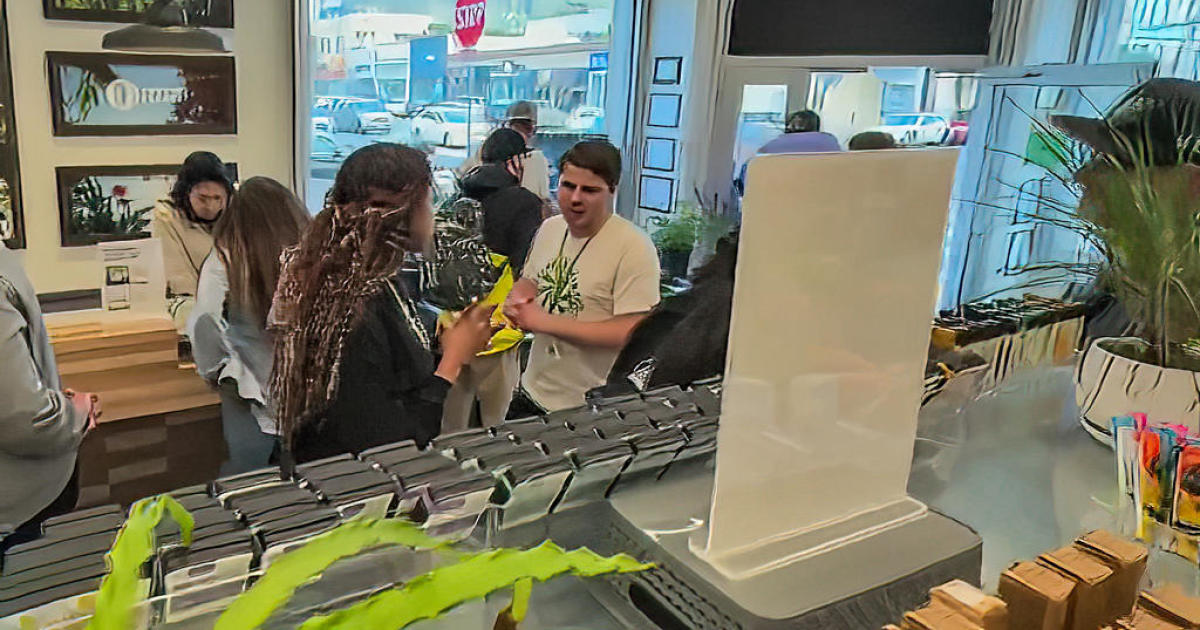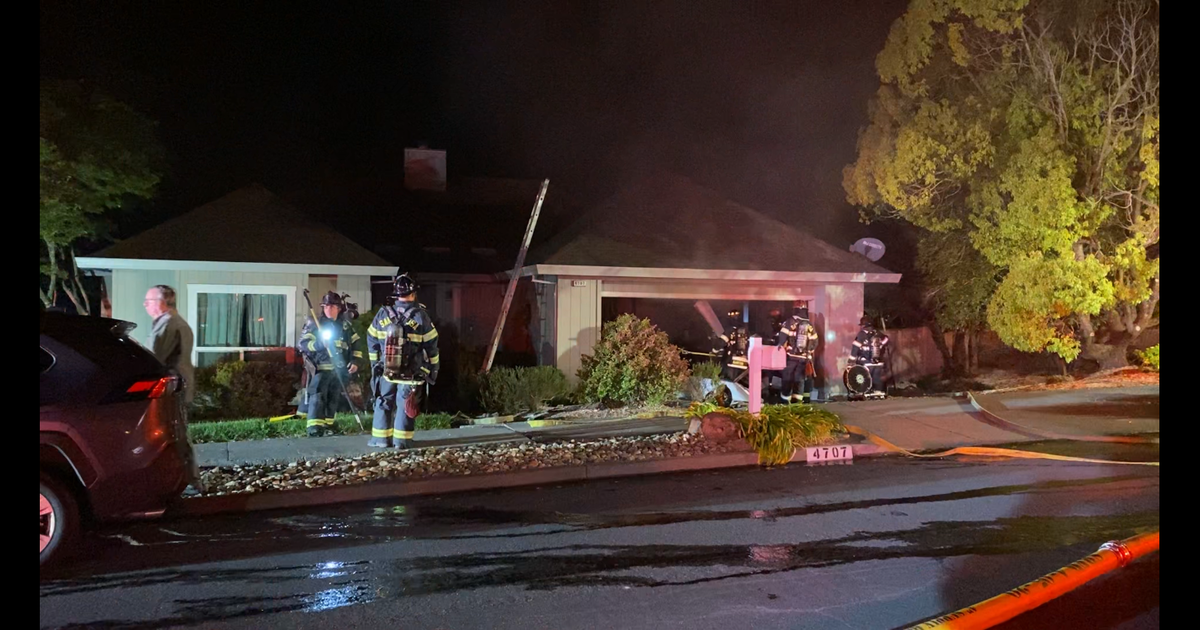New Federal Food Aid Rules Could Leave Many Bay Area College Students Hungry
SAN JOSE (KPIX) - Big changes could be coming to a federal food assistance program used by many college students.
Changes to programs known as SNAP or CalFresh, here in California, could go into effect early next year and might have a greater impact in the Bay Area because the high cost of living often leaves little else for food.
Students could find themselves cut off from benefits unless they get a job and prove that they work at least 20 hours a week.
"This rule has the potential to be the biggest cut to benefits, since the 1996 Welfare Reform," said Tracy Weatherby, Vice President of Strategy and Advocacy for Second Harvest Food Bank.
Weatherby said thousands of students and other adults without children who are in the system now could go hungry.
"People who are hungry are no better able to find work or better themselves through education by having these vital nutrition supports removed," she said.
The rule change is designed to end abuse of the system.
But students worry they may have to sacrifice their grades so they can work and stay in the program.
"Are your work schedules going to fit with your class schedules? Are they going to give you time off?" asked Maggie Young, a San Jose State student who uses SNAP. "What if your boss requires you to work? How are you going to balance?"
The effects could hit students in the Bay Area especially hard where tuition and rent takes a larger toll on college student's finances.
Young said for students, food is often an afterthought.
"I was just in a dorm and people were talking about how they were eating peanut butter for a meal," she said.
Many students may drop out of the program and it will likely push more of them to use free food services like college campus pantries.
In Santa Clara and San Mateo Counties that free food most likely comes through Second Harvest, which distributes to over 300 partner agencies and is already facing shortages.
"The need would increase by a staggering amount," said Weatherby.
The U.S. Department of Agriculture is expected to make a final decision on the rule changes by early 2020.
According to a California government report, about 25 percent of California State University students are elibible for the SNAP program, but only 5 percent have signed up.



